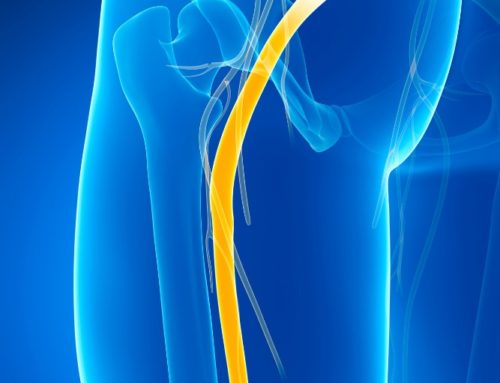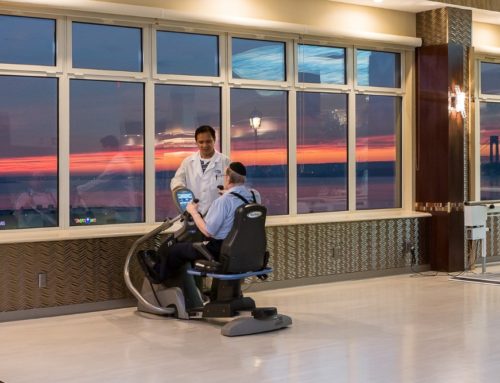The shoulder joint consists of a large ball and socket surrounded by muscles, ligaments, and tendons. Damage to the area causes pain and loss of function, requiring shoulder replacement surgery to correct the issues. As well as following recovery instructions, learning what not to do after the procedure is essential. Avoiding certain activities or habits prevents further damage or injury and speeds up healing.
Physical therapy is crucial for rehabilitation after shoulder surgery. A trained therapist guides individuals through movements and exercises to improve range of motion and increase strength. They’ll also design a program detailing the frequency and duration of each session, altering it as needed during recovery.

Shoulder replacement: Never Do These
After joint replacement surgery, follow your medical team’s instructions to ensure the area heals well. Unfortunately, many individuals make some common errors during recovery. These include ignoring signs of infection, improper pain management, and smoking.
Here are the 5 most common mistakes made after shoulder surgery.
1. Pushing through the pain
Pain isn’t uncommon after shoulder replacement surgery, though it’s usually manageable with proper medication. Of course, it shouldn’t be ignored, especially when doing physical therapy or other movements. Exercise increases muscle and range of motion, but too many causes unnecessary discomfort.
Though minor pain is normal during physical therapy, don’t push through it if it becomes too much. Instead, take a break and let your shoulder recover. Doing so prevents damage and the overuse of medication.
2. Overexerting
Overexerting yourself and excessive stretching or straining are things to avoid after shoulder replacement surgery. The exercises provided by a physical therapist are designed to increase flexibility and strength slowly. Pushing too hard or overextending the joint may cause increased pain or risk injuring the area.
To avoid such issues, do the exercises exactly as described by your medical team. Speak to them before increasing the frequency and duration of your workouts or trying new ones.
3. Ignoring exercises and physical therapy
Physical therapy and other exercises recommended by your medical team are essential for a successful recovery. These activities help rebuild shoulder muscle strength and improve its range of motion. Ignoring these exercises or part of them prevent the area from healing properly and reduces your functions.
To avoid injuring your new shoulder replacement, follow the guidelines and instructions provided by your doctor and physical therapist. This includes the type of exercise and how frequently to perform each one.
4. Sudden movements
Sudden movements can cause problems. Rapid or uncontrolled motions can cause complications. Move the shoulder slowly.
5. Poor lifestyle choices
Poor lifestyle choices hinder progress when recovering from a shoulder replacement. For instance, nicotine slows the body’s natural healing ability while increasing the chances of infection. Alcohol consumption causes dehydration. Processed, sugary, or fatty foods lack the nutrients required for rebuilding tissue and improving digestion.
For the best recovery possible, reduce or quit smoking and drinking alcohol. Choose foods high in protein, fiber, and other nutrients to aid recovery.
This content comprises informative and educational resources only and can not be considered as a substitute for professional health or medical guidance. Reliance on any information provided in this article is solely at your own risk. If you have any inquiries or apprehensions about your medical condition or health goals, talk with a licensed physician or healthcare provider.






Leave A Comment